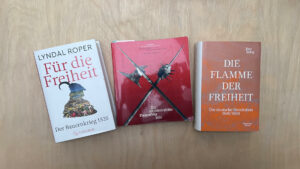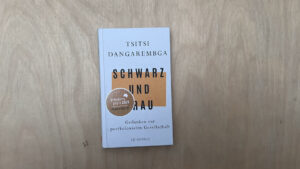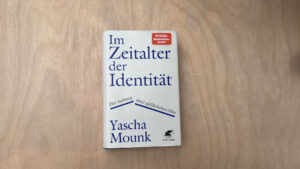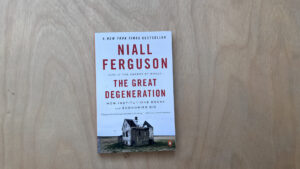 We’ve been following the trust discussion for quite a while now. Trust used to be a a hot topic one and a half years ago, when first signs of a slowing economy became obvious and social media started to become really hot for everybody. – Now it’s just everywhere – it’s a topic for the prime time news, marketers and researchers are making lots of money with questioning people about trust and calculating it’s value, but still: what does trust actually mean? What difference does it make?
We’ve been following the trust discussion for quite a while now. Trust used to be a a hot topic one and a half years ago, when first signs of a slowing economy became obvious and social media started to become really hot for everybody. – Now it’s just everywhere – it’s a topic for the prime time news, marketers and researchers are making lots of money with questioning people about trust and calculating it’s value, but still: what does trust actually mean? What difference does it make?
Science and economy have a few answers; must of them derive from a time, when social media where not a hype, when online media where not popular and actually, when not even mass media where what they are today.
Does this make any substantial difference? Probably not with trust itself, but definitely with how we look a trust, how we talk about it, how perceive it. Trust can not exist without communication (like every abstract term exists only in communication), and communication has definitely changed.
I don’t want to add any further definitions, I just want to ask simple questions on the relations and dependencies of online media and trust.
- Whom do we trust online?
- What is our trust built on?
- What difference does trust make?
To make sure we focus mainly on the online part, we address a wide range of different users (bloggers, online marketers, online experts, developers, geeks and other nerds) from different countries and cultures.
These questions go to a wide sample of users in Central- and Eastern Europe, Russia and Eurasia.
Please support it by putting in your two cents, either right here or via editors (at) the mashazine (dot) com or on der-karl.com-page on Facebook.
Trust Exchange Research – the Process
Step 1, Getting in Touch – bloggers, online experts and other geeks from Central- and Eastern Eurpe, Eurasia (and a few exceptions) are asked to contribute short (or longer) statements on three questions.
Statements are collected and published until the end of october 2009.
Step 2, Looking Closer – based on the insights, more detailed questionnaires are prepared and distributed to a broader group of participants. Case studies of trust-building online-media-activities (from corporations, ngos or other associations – we are open for suggestions)
Step 3, Sit down and talk – der-karl.com will organise the discussion of the results; in online-discussions, hopefully also face-to-face in a TrustCamp.
Step 4, Publication – the consolidated story of researching trust in online media will be published in summer 2010.
What’s in it for me
Every participant will receive a full downloadable copy (pdf) of the report.
Participants in Step 1: our royalties are backlinks, and if desired (we would appreciate it), a short portrait in the list of contributors.






